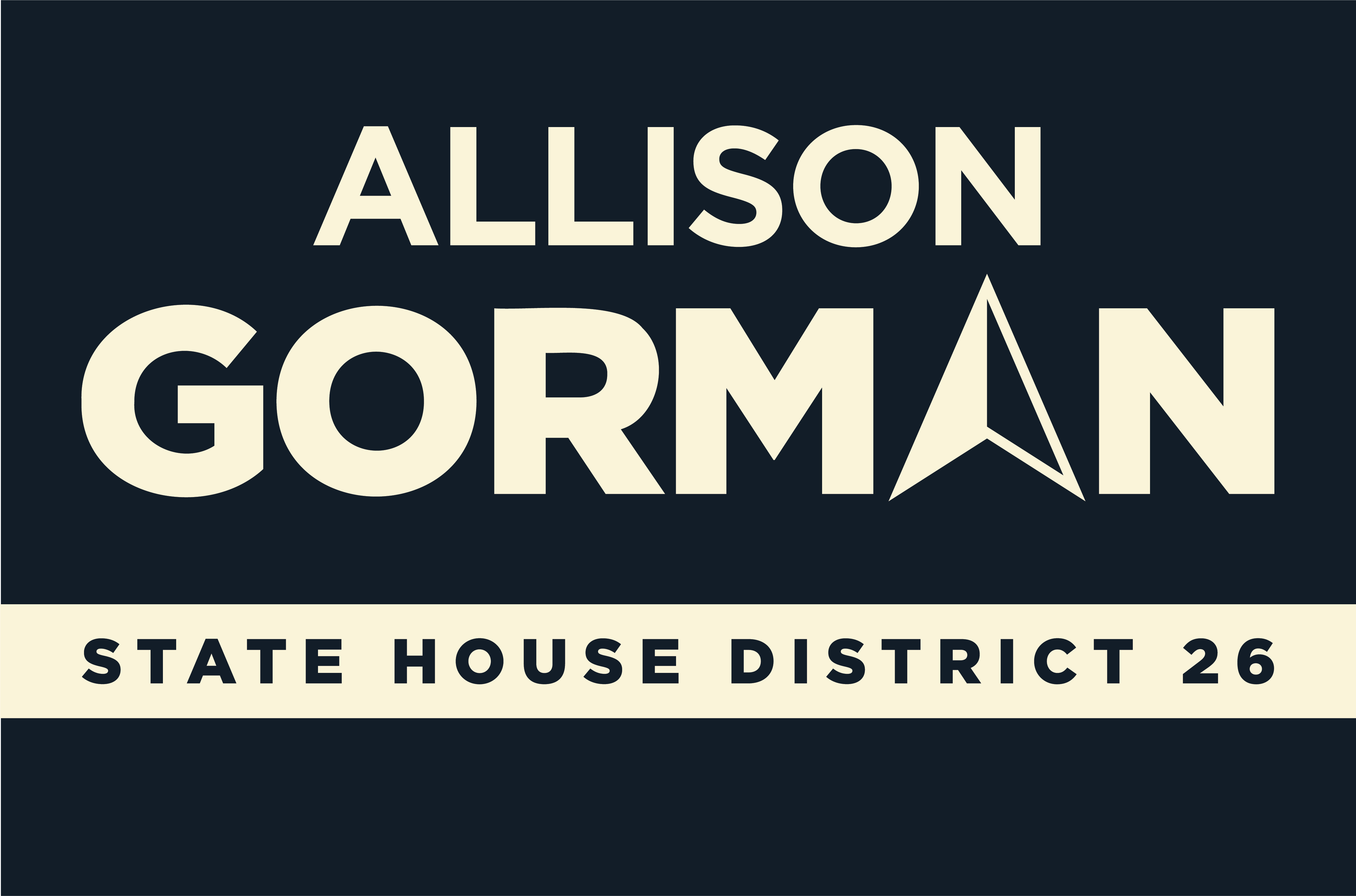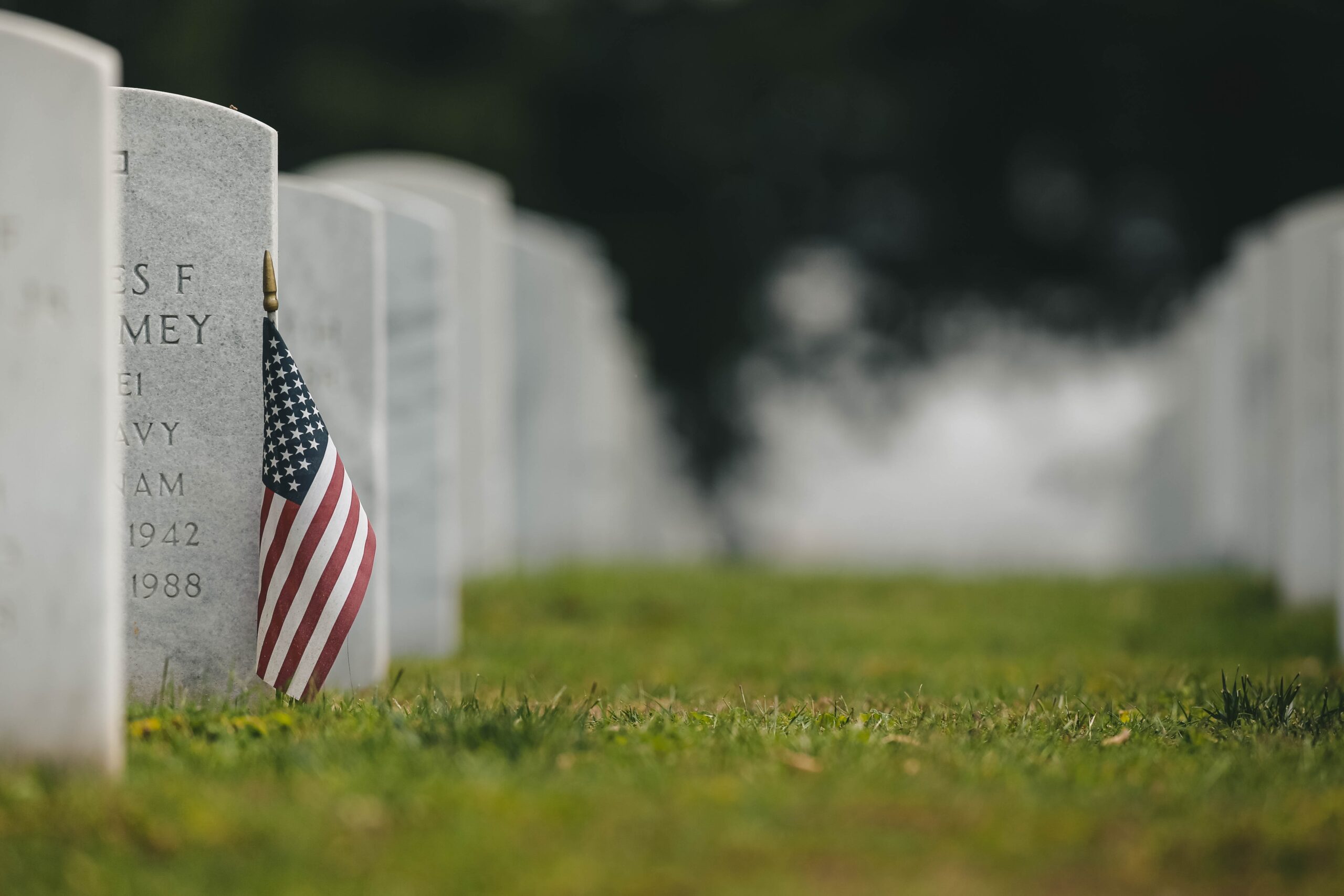February 13, 2017
A long time ago, a scrappy kid from St. Louis, inspired by watching his big brother fight for a noble cause, badgered his parents into letting him join the Marines at age 17. They were reluctant—their older son had been MIA for several excruciating weeks during World War II—and it was only after their parish priest intervened on their younger son’s behalf that they relented.
His chance to be a hero came when he was 36 years old, with a wife and two young daughters. The kid who’d been known in military high school for cutting class and leaving his shirttail out was now known in the military for being a gifted pilot. He loved flying jets, but he really wanted to fly rockets—astronauts were America’s newest heroes—and he’d taken the first step by requesting to be sent to test pilot training school.
Instead he was sent to Vietnam, where he switched from jets to helicopters and became known for braving any obstacle to come to the aid of his fellow soldiers. In eight months he flew 298 missions, 133 of them medevacs. He flew by flashlight when it was too dangerous to turn his lights on. He flew into combat zones so hot that he once used up three helicopters in a single mission.
Showing shades of his rebellious teenage self, he sometimes acted unilaterally. But as he explained to his wife on one of the reel-to-reel tapes he regularly mailed home to her, when he put himself in the place of these wounded strangers, he knew it was his moral obligation to help them, regardless of the odds: “I know if I was laying out on the field and dying … man, I’d like to see that old helicopter coming in.
On Dec. 9, 1965, he was shot down on yet another medevac mission, and he died on the battlefield. Upon his death, Maj. Donald Reilly was hailed as the most decorated marine of the Vietnam War. In September 1966, a ceremony in his honor was held in Washington.
Images from that bright-blue day are my first memories: my mother’s olive-green dress as she stoically received his framed medals; a general’s white-gloved hand holding mine; the orange chenille Easter chick my sister had pressed into my other hand to keep me from squirming.
I first heard my father’s voice 17 years later, when I learned that NBC News had produced a radio documentary, “Diary of a Hero,” featuring excerpts from that ceremony, interviews with my mother and grandparents, and segments from my father’s taped letters home. (My mother, herself a casualty of war, didn’t remember the interview or the documentary.)
A dead war hero father is a powerful absence. As a little girl, I fantasized about saving people from burning buildings the way my friends fantasized about having a pony. But then I grew up—college and work and marriage and kids—and my big chance to be a hero somehow never materialized.
Still, it’s been a happy, comfortable life, and I’ve felt as empowered as a left-leaning white woman in a red state can feel. I always vote, but I’ve long resigned myself to being on the losing end in my state and often my country, instead finding private satisfaction in dropping my defiant ballot down the well.
But now I see my country headed in a dangerous and ethically unacceptable direction. Like the majority of American voters, I’ve become part of a mission I never signed up for. And with each new piece of distressing news—the administration’s habitual suppression of fact and dissemination of fiction; our president shrugging off the moral imperative against waterboarding, or labeling the free press as the enemy—my first thought is always the same: This isn’t the America my father died for.
-my first thought is always the same: This isn’t the America my father died for.
With maturity, I’ve come to recognize in my father’s correspondence his creeping suspicion that his government had let him down. In an early letter he refers, just incidentally, to “this dirty little war.” Flying helicopters, he reflects somberly on tape, is “a lot different kind of world from the sterile world of 45,000 feet. Or even coming down lower, to a couple of thousand feet to drop some bombs … still you don’t know what you do.”
My mother has said that in those last few weeks, as he began to take more and bigger risks, she worried that he was too tired to care about his own safety. And yes, in his taped voice I can hear his exhaustion. But I also hear his determination. I suspect that, over time, his military mission evolved into a more urgent, personal one: To save as many people as he could.
I fear that there will be many casualties of America’s new mission, including many of the people who signed up for it in good faith. Most of us who are unwilling participants won’t have a big chance to be heroes, but we’ll have countless small ones.
At this late age, I’ve realized that my moral obligation is not met in the voting booth; it demands real, personal, strategic sacrifice to oppose this administration’s dangerous policies and mitigate their harmful effects. I don’t know how yet, but I plan to save as many people as I can.
Allison
[email protected]


0 Comments